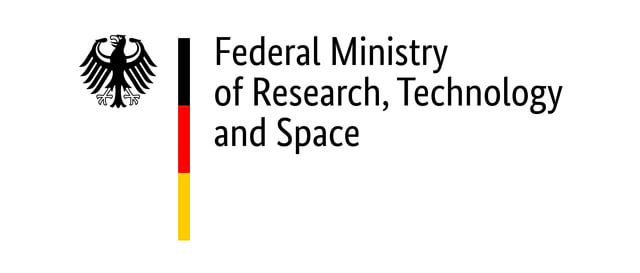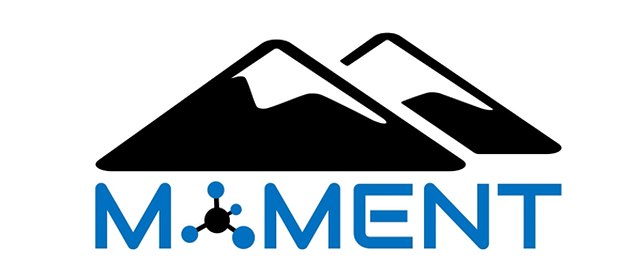SP4: Modelling methane processes
Recent spatio-temporal patterns of methane processes in terrestrial permafrost ecosystems
The objective of this subproject (SP4) is to quantify current and future spatiotemporal patterns and uncertainties of methane (CH4) fluxes from permafrost-affected terrestrial and aquatic ecosystems at regional to pan-Arctic scales. Using the measurement results from SP2 and SP3, SP4 will determine (1) which factors and processes can explain the seasonal and spatial variations in the CH4:CO2 emission ratio; (2) the influence of disturbances and vegetation dynamics on the CH4 balance; and (3) whether CH4 fluxes are reversible in overshoot scenarios with negative CO2 emissions. Site-level models will be calibrated using these findings. Subsequently, regional as well as global models simulating all major methane processes on a pan-Arctic scale will be further improved. This will enable a state-of-the-art estimation of the CH4 budget in the northern hemisphere under present and future climate conditions.
Subproject lead
- Victor Brovkin, Max-Planck-Institute for Meteorology, Hamburg
Project initiators
- Christian Beer, University of Hamburg
- Victor Brovkin, Max-Planck-Institute for Meteorology, Hamburg
- Mathias Goeckede, Max-Planck-Institute for Biogeochemistry, Jena
Involved researchers
- Luana Basso, Max-Planck-Institute for Biogeochemistry, Jena
- Philipp de Vrese, Max-Planck-Institute for Meteorology, Hamburg
- Goran Georgievski, Max-Planck-Institute for Meteorology, Hamburg
- Thomas Kleinen, Max-Planck-Institute for Meteorology, Hamburg
- Marius Moser, University of Hamburg


